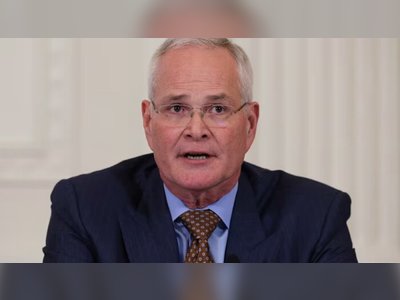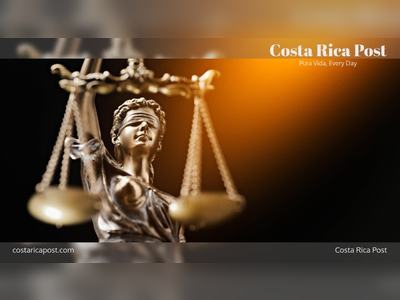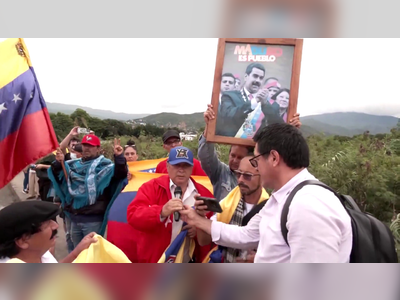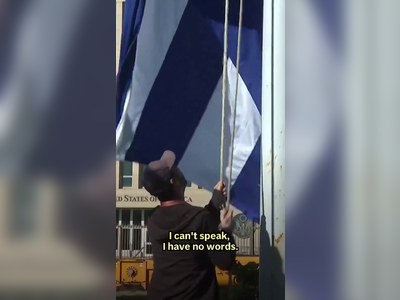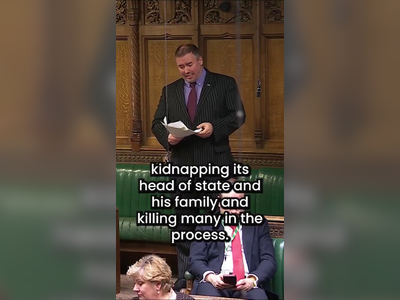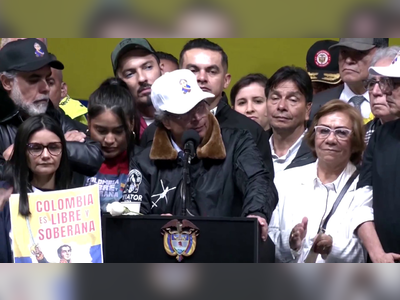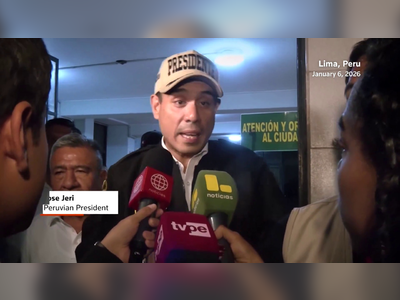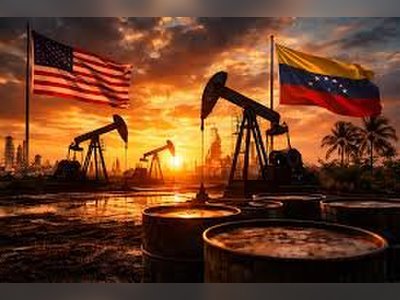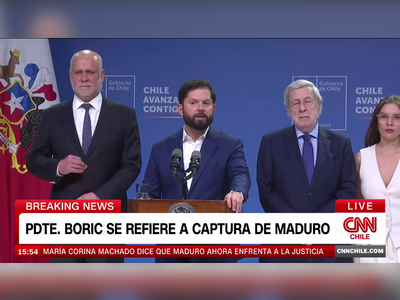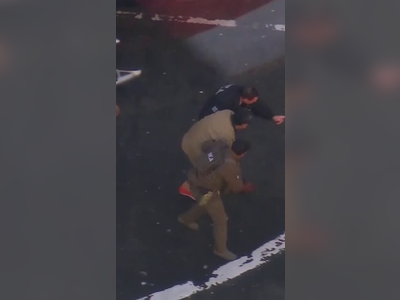
Human Rights Concerns Emerge as Costa Rica Receives Deported Migrants from the U.S.
Documented conditions of deportees raise alarms as Costa Rican authorities defend their treatment.
Costa Rica's recent agreement with the United States to accept deported migrants has raised significant concerns among human rights advocates regarding the treatment and conditions of these individuals.
The Costa Rican government maintains that human rights standards are being upheld, while various organizations express apprehension about the reality facing deportees.
President Rodrigo Chaves has described the arrangement as an act of goodwill towards a 'wealthy northern ally', suggesting that cooperation with the U.S. may mitigate potential economic repercussions for Costa Rica.
Despite these assurances, critics argue that political interests may be prioritized over the fundamental rights of deported individuals.
The specific circumstances surrounding the deportees remain largely unclear.
The secrecy of the Costa Rica-U.S. agreement and accompanying media restrictions have limited the dissemination of information.
However, a man known by the moniker "Caya" reportedly infiltrated one of the camps housing deportees and recorded a video detailing the situation.
This footage reveals the challenging conditions faced by many who have fled their home countries in search of improved living circumstances.
Caya noted the existence of 'hidden detention centers' near the Panama border that are part of the repercussions of U.S. deportation policies.
He described his journey to uncover the plight of these individuals, highlighting the risks associated with revealing such information in a region marked by secrecy.
Among the detainees at the CATEM-Sur center is a Russian journalist who fled persecution under the regime of President Vladimir Putin.
Interviews conducted by Caya have revealed that the group of deportees includes people from a wide array of countries including Turkey, Russia, Armenia, Uzbekistan, India, Georgia, Azerbaijan, Vietnam, Iran, Afghanistan, Jordan, Kazakhstan, Ghana, the Democratic Republic of the Congo, Angola, Yemen, Nepal, and China.
The video footage brings to light the grim reality and pervasive fear experienced by these individuals, many of whom are now stranded in Costa Rica, grappling with uncertainty about their future after being forcibly deported from the United States.
The Costa Rican government maintains that human rights standards are being upheld, while various organizations express apprehension about the reality facing deportees.
President Rodrigo Chaves has described the arrangement as an act of goodwill towards a 'wealthy northern ally', suggesting that cooperation with the U.S. may mitigate potential economic repercussions for Costa Rica.
Despite these assurances, critics argue that political interests may be prioritized over the fundamental rights of deported individuals.
The specific circumstances surrounding the deportees remain largely unclear.
The secrecy of the Costa Rica-U.S. agreement and accompanying media restrictions have limited the dissemination of information.
However, a man known by the moniker "Caya" reportedly infiltrated one of the camps housing deportees and recorded a video detailing the situation.
This footage reveals the challenging conditions faced by many who have fled their home countries in search of improved living circumstances.
Caya noted the existence of 'hidden detention centers' near the Panama border that are part of the repercussions of U.S. deportation policies.
He described his journey to uncover the plight of these individuals, highlighting the risks associated with revealing such information in a region marked by secrecy.
Among the detainees at the CATEM-Sur center is a Russian journalist who fled persecution under the regime of President Vladimir Putin.
Interviews conducted by Caya have revealed that the group of deportees includes people from a wide array of countries including Turkey, Russia, Armenia, Uzbekistan, India, Georgia, Azerbaijan, Vietnam, Iran, Afghanistan, Jordan, Kazakhstan, Ghana, the Democratic Republic of the Congo, Angola, Yemen, Nepal, and China.
The video footage brings to light the grim reality and pervasive fear experienced by these individuals, many of whom are now stranded in Costa Rica, grappling with uncertainty about their future after being forcibly deported from the United States.


